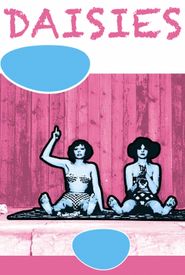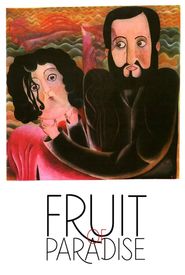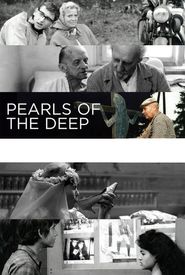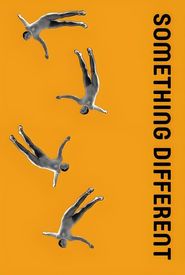Vera Chytilová was born on February 2, 1929, in Ostrava, Czechoslovakia, a country that would later become the Czech Republic. She studied philosophy and architecture in Brno for two years before embarking on a diverse career path that included working as a technical draftsman, designer, fashion model, photo re-toucher, and clapper girl for Barrandov Film Studios in Prague.
Despite being denied a scholarship and recommendation from Barrandov, Chytilová persevered and took the admissions tests at the Film Academy (FAMU) in Prague, where she was eventually accepted. From 1957 to 1962, she studied film directing under the renowned Otakar Vávra, who also taught notable filmmakers such as Jirí Menzel, Milos Forman, Jan Nemec, and Ivan Passer.
After graduating from FAMU in 1962, Chytilová made her debut film, 'Strop' (Ceiling 1962),and the following year, she released 'Pytel blech' (A Bagful of Fleas 1963),both of which were "staged" improvisations featuring non-actors. In 1966, she collaborated with her husband, Jaroslav Kucera, on the surrealist comedy 'Daisies' (1966),which was initially banned but later released in 1967 and won the Grand Prix at the Bergamo Film Festival.
Chytilová's subsequent films were often subject to political censorship, and she was banned from making films for six years. During this period, she wrote a letter of complaint to President Gustav Husak, detailing her artistic position. Eventually, her supporters intervened, and Chytilová was allowed to make the low-budget film 'Hra o jablko' (1977),which won a Silver Hugo at the Chicago Film Festival.
As a prominent figure in the Czech New Wave, Chytilová's films were celebrated for their visual experimentation and bold exploration of the moral issues of contemporary society. Her artistic style, which blended elements of avant-garde, cinema verite, formalism, feminism, and happening, defied categorization and encouraged active interpretation from viewers. Despite the political turmoil in Czechoslovakia, Chytilová remained a highly original and uncompromising filmmaker, leaving a lasting legacy in the world of cinema.
























